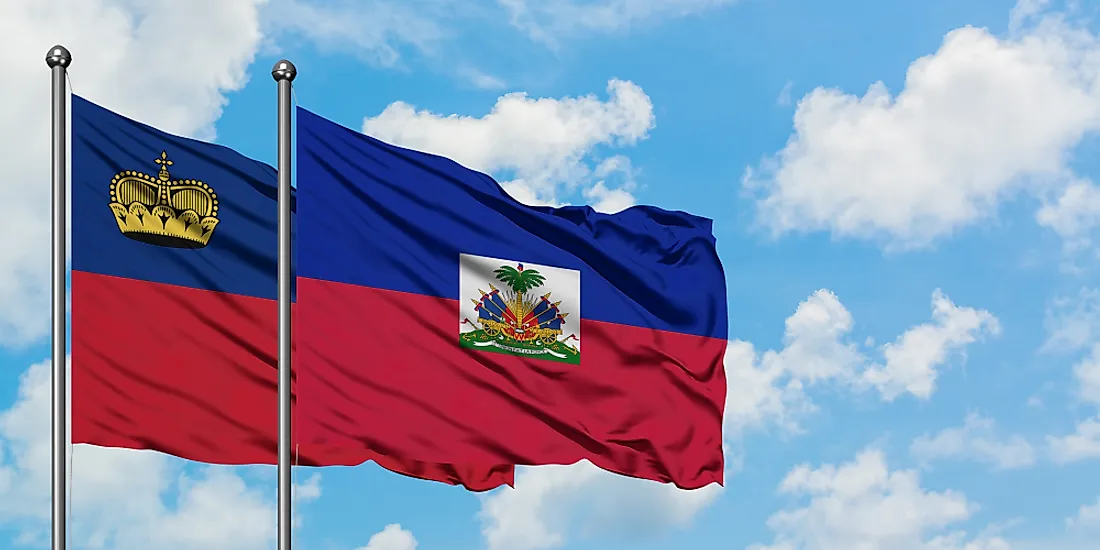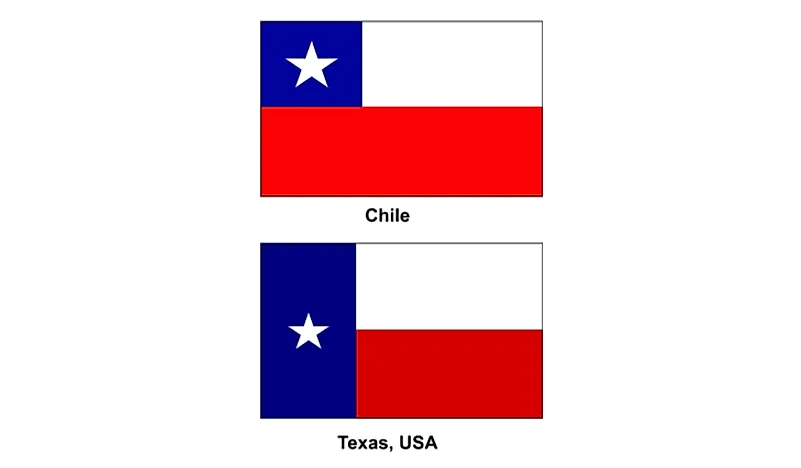The official language of South Sudan is English, a decision the government of this new country made in order to distance itself from the Arabic-dominated Sudan. Between 2005 and 2011, when South Sudan operated as an autonomous region of Sudan, English and Arabic were its official languages. The English language belongs to the Indo-European language family and is written with the Latin alphabet. Public school textbooks and government announcement are published in English. In Juba, the capital, it serves as the language of business.
Despite the fact that English is the official language here, the vast majority of individuals in this country speak Arabic as their native language, just over 3.1 million. Additionally, a large percentage of the population speaks Sudanese Arabic, although this number is less exact given the extreme changes in population demographics over the last few decades. The second most widely spoken language is Dinka, the indigenous language of the Dinka people. It belongs to the Nilo-Saharan language family and approximately 1,365,900 individuals speak this language as a native tongue.
The most useful language for traveling to South Sudan is most likely Sudanese Arabic. This Arabic dialect is similar to the dialect used in Egypt, so travelers with that knowledge will find it easier to understand the local population. Some basic greetings in Sudanese Arabic include: “hello” (salam alaikum), “good afternoon” (nihark sahid), “how are you?” (keif al hal?), and “I am good” (ana tamam). Learning to order food can also be helpful when traveling to a new country. Other useful phrases for ordering food include: “bottle of water” (bhagat moya) and “coffee with sugar” (jabana bi sukar).
In total, the residents of South Sudan speak more than 60 indigenous languages. The second most widely spoken indigenous language (after Dinka) is Nuer, which is spoken by approximately 740,000 individuals. This language belongs to the Nilo-Saharan language family and is primarily concentrated in the Upper Nile state. Other minority languages are also spoken here in addition to the indigenous languages. Juba Arabic is one example. This language is considered a pidgin language and is based on Sudanese Arabic. It can primarily be heard in the city of Juba, where it is used as a language of business.
This page was last modified on May 1st, 2018
More on Graphicmaps

Published on 2019-11-06
What is a Trade Embargo?

Published on 2019-11-04
Which Two Countries Used to Have the Same Flag?

Published on 2019-09-16
What Is the Only Two-Sided State Flag?

Published on 2019-09-16
Which Country Flag Looks Like the Texas Flag?

Published on 2019-08-29
Flags That Resemble the US Flag

Published on 2019-08-20
